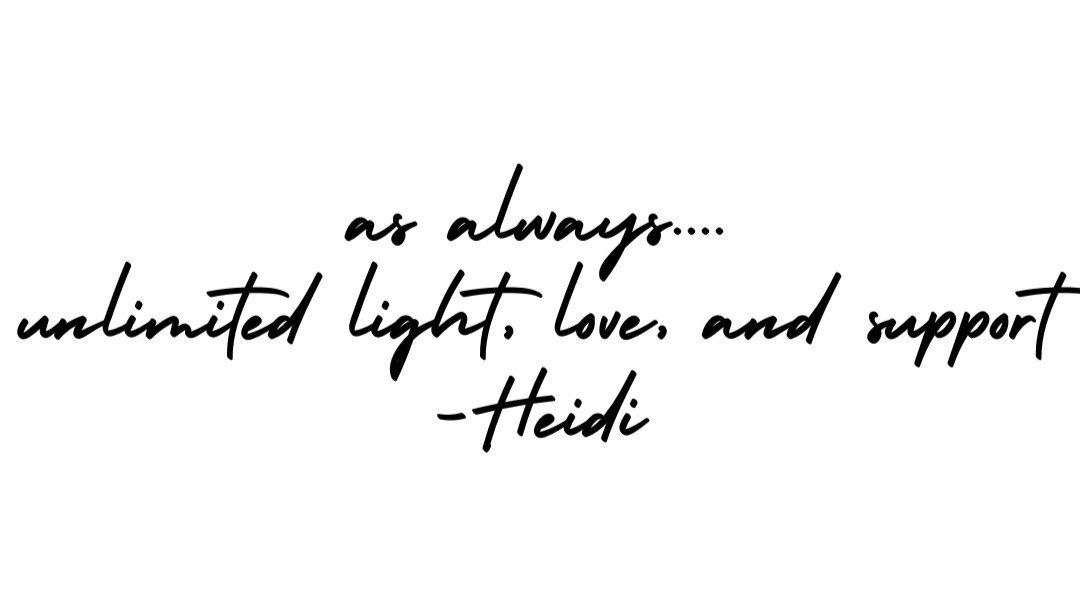How To Establish Healthy Relationships After Addiction
So, you’ve gotten sober. You’ve ditched the substances, dealt with the chaos, and maybe even started to feel like a semi-functioning human being again. Congratulations!
Now comes the next tricky part—relationships. Because let’s face it, your track record in this department probably isn’t great. Mine certainly wasn’t. But building healthy relationships after addiction is very important
So, buckle up and let’s unpack this shit.
Why We Get Stuck in Toxic Relationships During Addiction
When I was in active addiction, my relationships were… let’s just say, not winning any awards. Romantic partners? They were often drinking buddies or people as deeply entrenched in substance abuse as I was. Think late-night binges, volatile fights, and a mutual disregard for stability. Family? I relied on my parents to bail me out, even though their enabling tendencies and unresolved issues often sabotaged my well-being. Friends? Let’s call them what they were—fellow enablers who offered no real value other than validating my bad choices.
Why do we gravitate toward these relationships in addiction? It’s simple. We tend to spend time with people who reflect our brokenness back to us. Misery loves company, right?
We’re also terrified of accountability and seek out people who won’t call us out on our destructive behavior. It’s easier to stay in the dysfunction than to face the fear of change.
Reinventing Yourself in Sobriety
Sobriety allows you to rediscover who you are. When the fog lifts, you start to remember things—like your hobbies, your values, and the fact that you don’t actually enjoy people screaming in your face at 2 AM. This reinvention process is key because the relationships you form after addiction should align with the person you’re becoming, not the person you were.
Why Healthy Relationships Matter
Recovery is your priority—always. But relationships? They’re just as important. Healthy connections provide support, accountability, and, let’s be honest, a reason to keep going on those days when life feels unbearable. However, not every relationship is worth saving or starting. The trick is knowing which ones to nurture and which ones are better to let go of.
Tips for Building Healthy Romantic Relationships
Start Slow: You’ve just gotten sober. This is not the time to dive headfirst into a romance. Take time to heal and figure out what you actually want in a partner.
Look Beyond the Surface: A healthy partner is someone who respects your journey and supports your growth.
Set Boundaries: Communicate your needs and limits early on. If someone isn’t okay with you skipping parties or needing extra support, they’re not your person.
Beware of Codependency: This one hits close to home. I’ve been the partner who clung too tightly, mistaking dependency for love. Real love is balanced and mutual.
Rebuilding (or Letting Go of) Family Relationships
Assess the Dynamics: Are your family members supportive of your sobriety, or do they still treat you like the “screw-up” you were in active addiction? Sometimes, love from a distance is the healthiest option.
Communicate Clearly: If you want to repair the relationship, be upfront about your needs. For me, this meant telling my parents that their words and actions were extremely triggering and they had to stop if they wanted to be part of my recovery or my life.
Protect Your Peace: If your family’s presence threatens your sobriety, you have every right to limit or cut off contact. Recovery is your top priority. You are your top priority. Sometimes, no matter how much we might desire others to change - we have no control over it.
Building New Friendships
Find Your Tribe: Sobriety introduces you to a whole new world of people who understand your struggles. Join recovery groups, attend sober events, or even meet people through hobbies you’ve rediscovered.
Seek Depth: Ditch the surface-level friendships. Look for friends who challenge you, inspire you, and genuinely want to see you succeed.
Be Honest: Share your story when you feel comfortable. Vulnerability can be a powerful tool for building authentic connections.
Deciding What to Repair and What to Release
Here’s the million-dollar question: How do you know whether to fix a relationship or move on? The answer lies in one word—value. Ask yourself: Does this person add value to my life? Do they respect my boundaries? Are they invested in my growth? If the answer is no, it might be time to walk away.
Recovery gives us a second chance to build the life and relationships we deserve. It’s not easy, and it’s definitely not quick. I’ve had to walk away from partners with a heavy heart, redefine my relationship with my parents, and cut ties with friends who offered nothing but trouble. But, I’ve also found incredible people who support my journey and remind me why I chose recovery in the first place.
So, take it slow. Be selective. You’ve got this.


